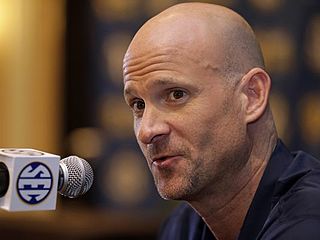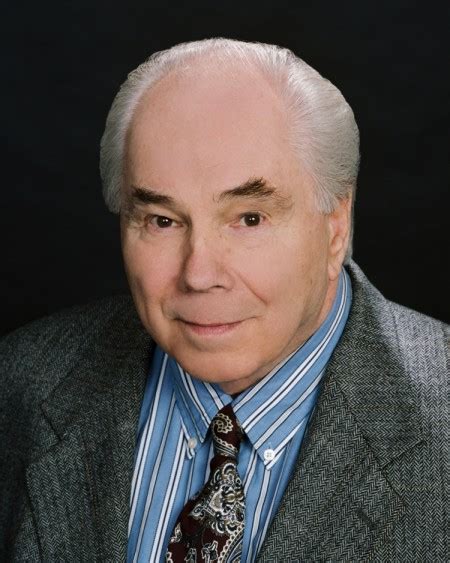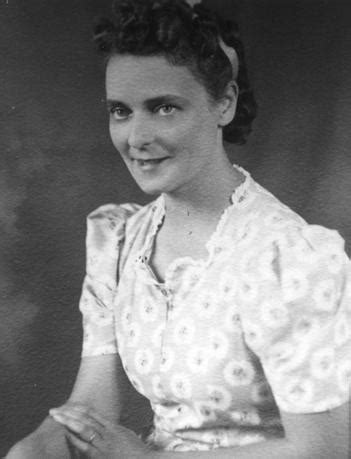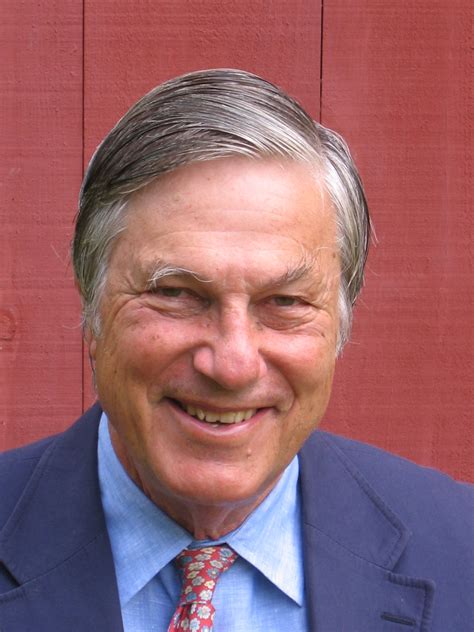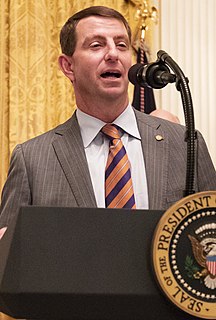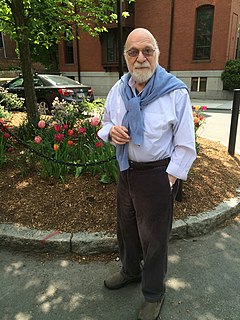A Quote by Don Lemon
I know that some things are beyond our control, some illnesses are beyond our control, we get sick, we don't know why. But let's pledge to do whatever we can to avoid those high medical bills.
Related Quotes
In such times as we are in, whether the threats be global or local or in individual lives, I too pray for the children. Some days it seems that a sea of temptation and transgression inundates them, simply washes over them before they can successfully withstand it, before they should have to face it. And often at least some of the forces at work seem beyond our personal control. Well, some of them may be beyond our control, but I testify with faith in the living God that they are not beyond His.
Physical weather certainly is beyond our control. ... But human weather - the psychological climate of the world - is not beyond our control. The human race is its own rain and its own sun. It creates its own cyclones and anti-cyclones. The ridges of high pressure which we sometimes enjoy, the troughs of low pressure which we so often endure, are of our own making and nobody else's.
Aging happy and well, instead of sad and sick, is at least under some personal control. We have considerable control over our weight, our exercise, our education, and our abuse of cigarettes and alcohol. With hard work and/or therapy, our relationships with our spouses and our coping styles can be changed for the better. A successful old age may lie not so much in our stars and genes as in ourselves.
To Epictetus, all external events are determined by fate, and are thus beyond our control, but we can accept whatever happens calmly and dispassionately. Individuals, however, are responsible for their own actions which they can examine and control through rigorous self-discipline. Suffering arises from trying to control what is uncontrollable, or from neglecting what is within our power. As part of the universal city that is the universe, human beings have a duty of care to all fellow humans. The person who followed these precepts would achieve happiness.
We don't want to give the controls to someone else; we want those reins ourselves. We want to get our way. And we get upset when things don't work out. . . . When we try to control someone else or events beyond the scope of our power, we lose. When we learn to discern the difference between what we can change and what we can't, we usually have an easier time expressing our power in our lives. Because we're not wasting all our energy using our power to change things we can't, we have a lot of energy left over to live our lives.
Prayer is not a way to get what we want to happen, like the remote control that comes with the television set. I think that prayer may be less about asking for the things we are attached to than it is about relinquishing our attachments in some way. It can take us beyond fear, which is an attachment, and beyond hope, which is another form of attachment. It can help us remember the nature of the world and the nature of life, not on an intellectual level but in a deep and experiential way. When we pray, we don't change the world, we change ourselves. We change our consciousness.
Happiness and freedom begin with a clear understanding of one principle: Some things are within our control, and some things are not. It is only after you have faced up to this fundamental rule and learned to distinguish between what you can and can't control that inner tranquility and outer effectiveness become possible.
Our future may lie beyond our vision, but it is not completely beyond our control. It is the shaping impulse of America that neither fate nor nature nor the irresistible tides of history, but the work of our own hands, matched to reason and principle, that will determine our destiny. There is pride in that, even arrogance, but there is also experience and truth. In any event, it is the only way we can live.


